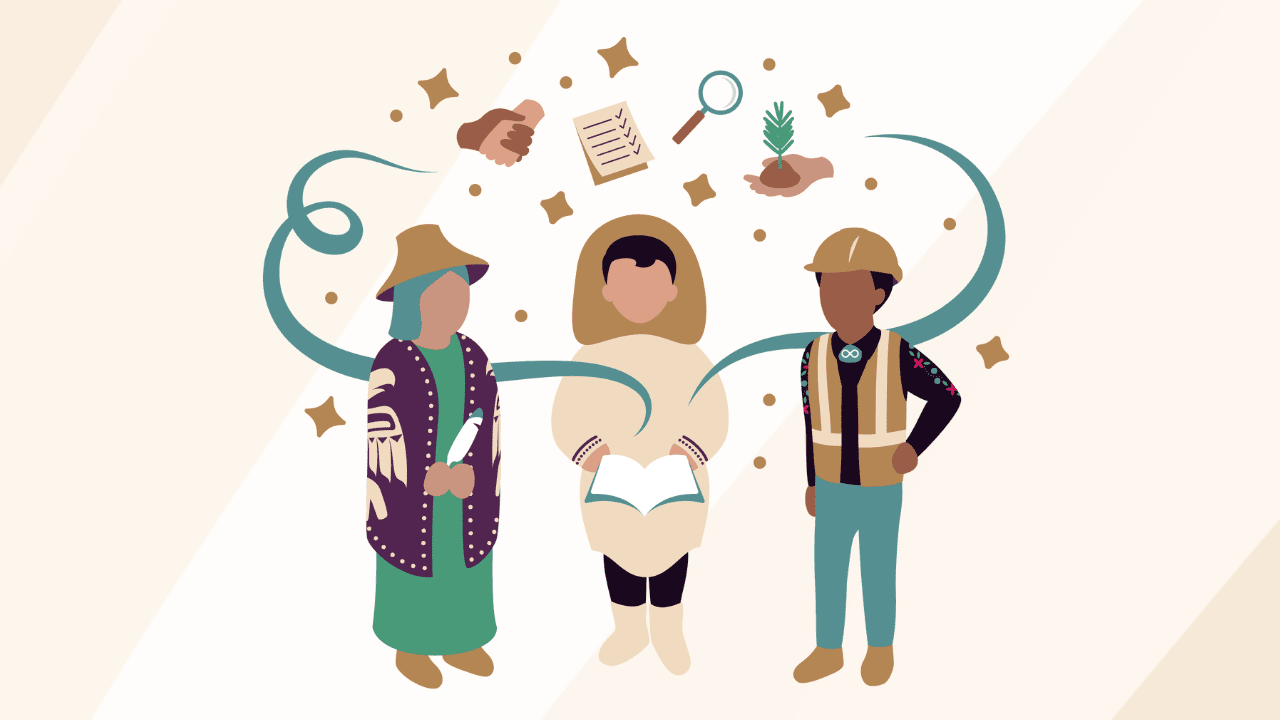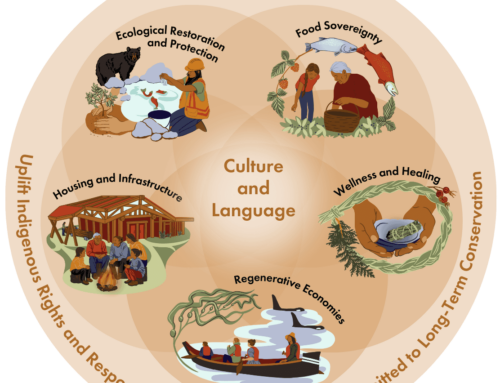Beyond Conservation
A Toolkit for Respectful Collaboration with Indigenous Peoples
This work is licensed under a Creative Commons Attribution-NonCommercial-ShareAlike 4.0 International License.
Publication Date: April 2023
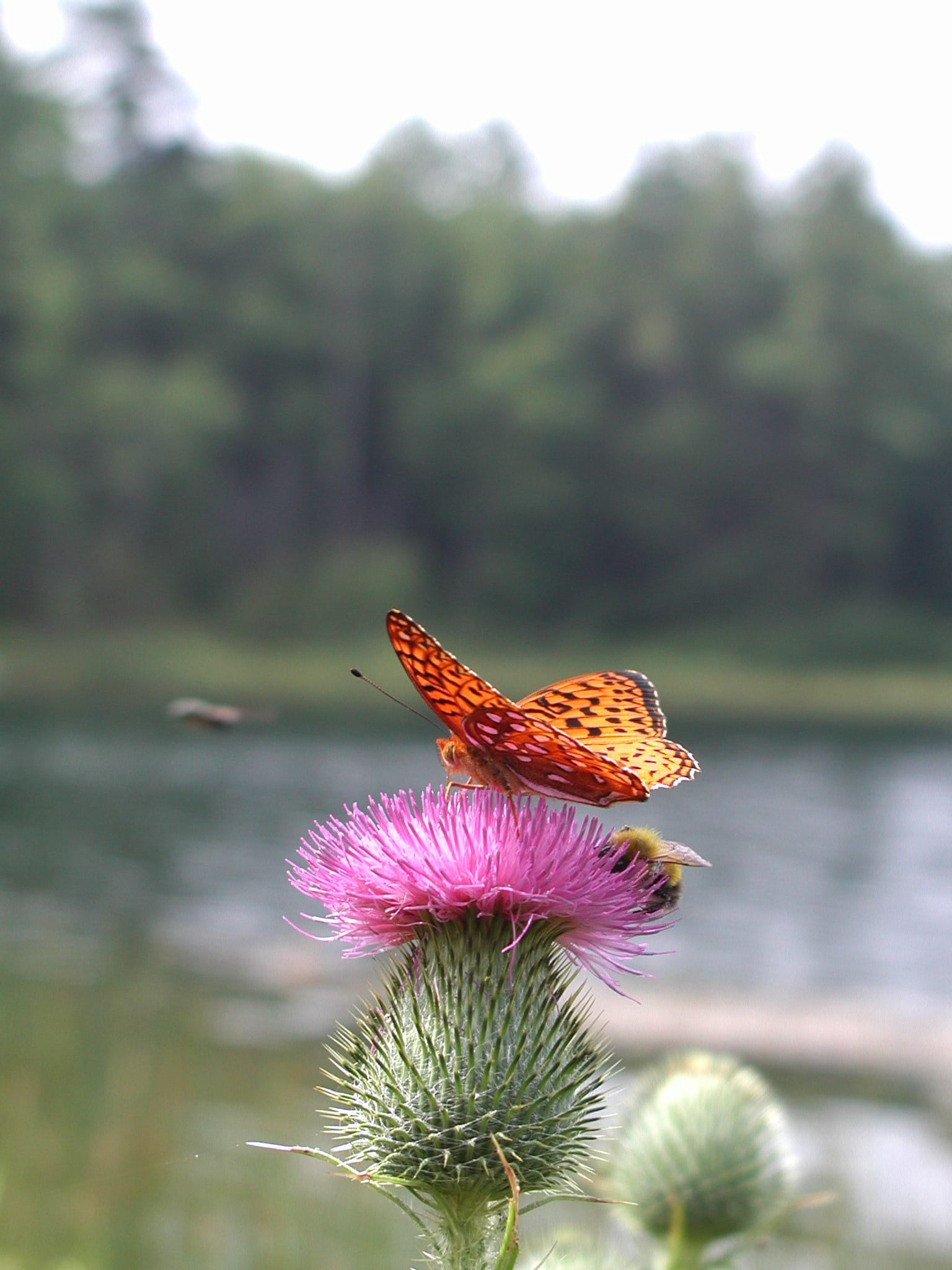
Photo by Kristin Clark
Introduction
This toolkit was created by the Indigenous Knowledge Circle of the NBCKC to support individuals and organizations seeking to learn how to do things differently, how to avoid repeating the mistakes of the past, and how to embed reconciliation into our conservation and stewardship work. We hope it helps you to advance genuine, respectful, and productive collaborations between Indigenous and non-Indigenous people and organizations working to protect and restore lands, waters, and all living beings.
Beyond Conservation: A Toolkit for Respectful Collaboration with Indigenous Peoples
Introduction
Principles
Practical Steps and Resources
Glossary


Log in to add this resource to your basket.
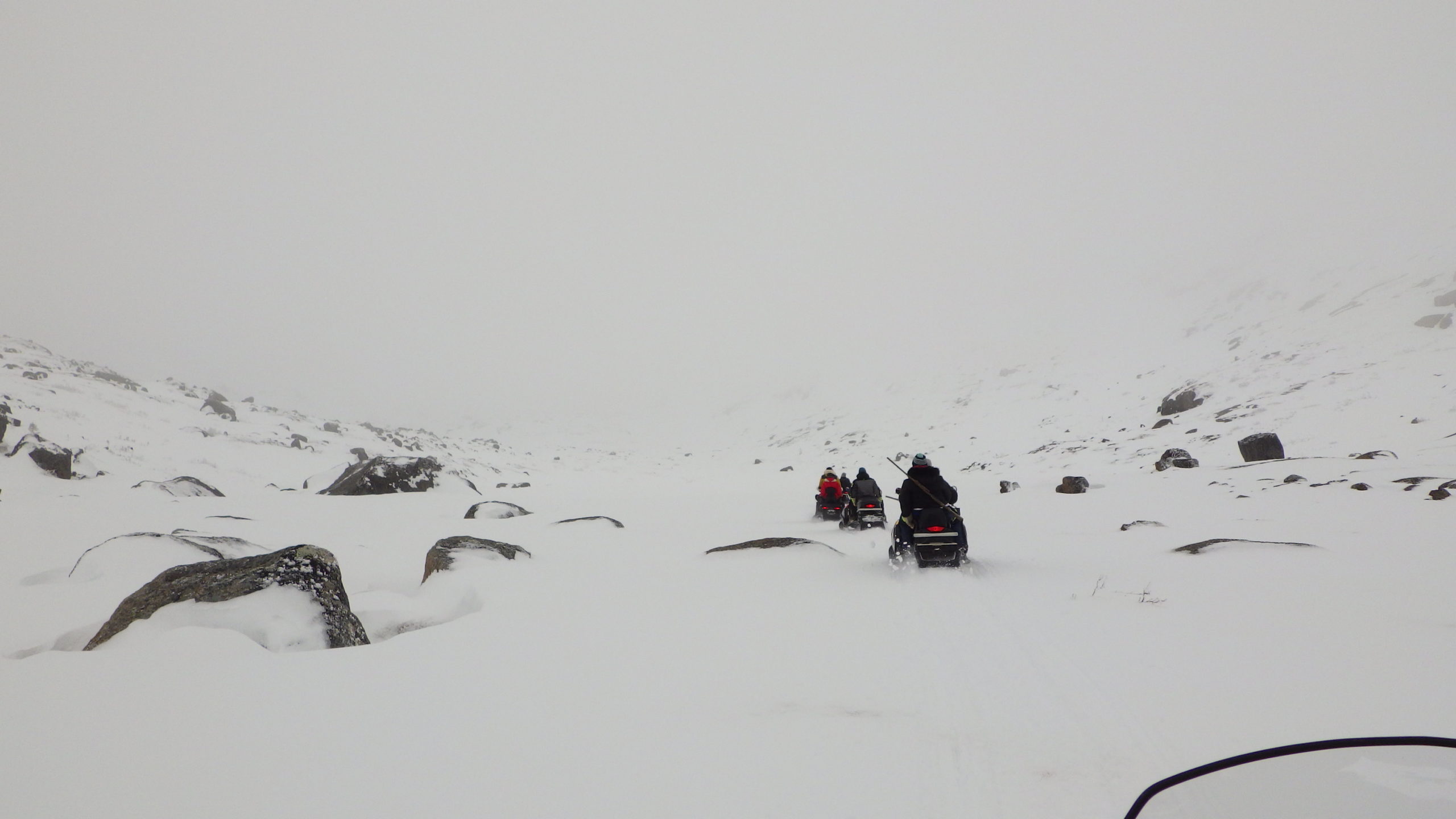
Photo by Torngat Secretariat
Principles
These guiding principles provide the foundation for a new way of working rooted in reconciliation, healing and collaboration to protect, restore and conserve species and natural environments.
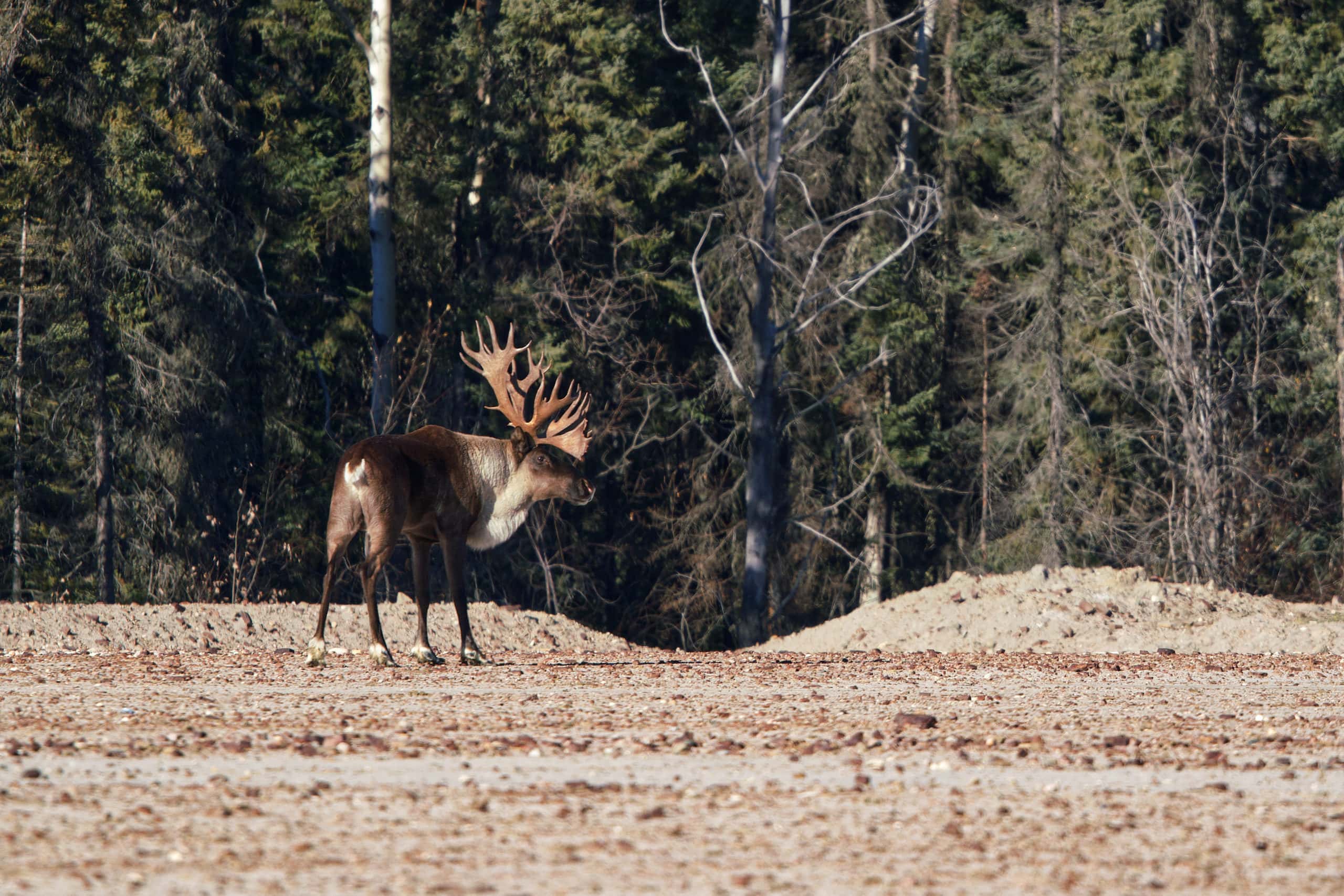
Photo by Ryan Dickie
Practical Steps and Resources
1. Before You Get Started
Before laying the groundwork for a collaborative project, it is important to learn about and familiarize yourself with the historical and current context of Indigenous and non-Indigenous relationships in Canada and specifically in the area where you will be working. The following suggestions will help you build relationships with First Nations, Inuit, and Métis people that are rooted in respect, understanding, and humility.
2. Building Relationships for Collaboration, Parts 1 & 2
A lot of time and preparation is required to establish meaningful relationships and collaboration across Indigenous and non-Indigenous cultures, communities, and initiatives. Laying a strong foundation by establishing trusting relationships with the people, organizations, and communities with whom you wish to collaborate is essential to the success of your project. When relationships are built from the ground up in a spirit of reconciliation, they can flourish and grow into fruitful partnerships and projects!
3. Working Respectfully with Indigenous Peoples and their Knowledge Systems
It has long been the case that people from Western cultures have assumed that their own knowledge systems and ways of doing things are either superior to others or simply ‘the only way’. In Canada, colonists and settlers have taken away Indigenous Peoples’ lands and territories; banned and criminalized their languages, laws, and customs; and compromised their livelihoods.
Learn more about working respectfully with Indigenous Peoples

